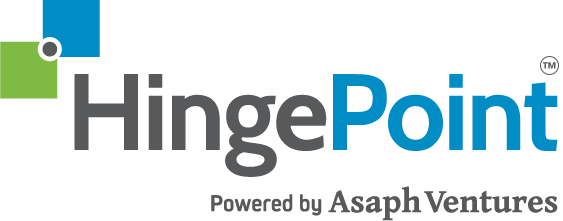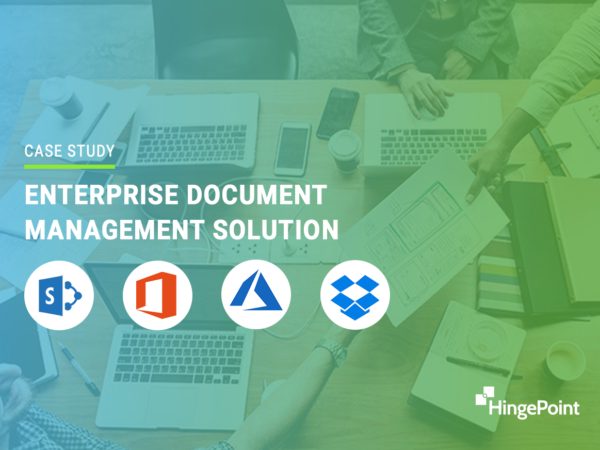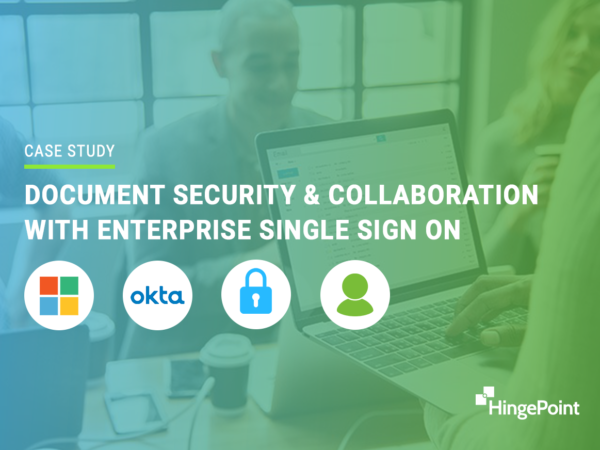Audits and Compliance
Security is hard. We can automate it for you. .
Proving you are secure is a ton of work!





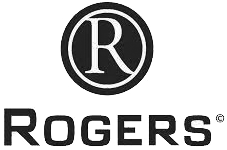

The Burden of Compliance
Federal, state, country, and client requirements necessitate compliance with regulations, with audits often required. This adds extra work on top of your staff’s regular work, creating stress and slowing down operations. A few examples of this are proving that information is not disclosed (NDAs), retaining documents according to the statute of limitations (7 years for financial data), or showing “who can see what” within your systems.

Streamline Compliance with SharePoint Automated Solutions
At HingePoint, we provide automated audit and compliance solutions to simplify your workload and streamline your organization’s compliance requirements. With SharePoint we can automate your audits to prove “who sees what” and “who authorized what access”, track approval flows, audit logs, and generate instant reports for auditors to demonstrate that your organization has clear processes with the necessary controls in place.

Audits and Compliance
Documents and Data all have a lifespan. We must define how long we “want” or “have” to save to address business requirements. Do you need Access to historical data? Do you want to purge old data? Here is how it works:
| Task | Description |
| Index inventory of documents | Create a comprehensive list of all the documents owned by an organization |
| Index inventory of data | Create a comprehensive list of all the data owned by an organization |
| Define data dictionary | Establish a standardized approach to naming conventions, data formats, and descriptions to ensure consistency in data management |
| Define content types | Create a consistent classification system for structuring your organization’s content |
| Define Document types | Create a consistent classification system for structuring your organization’s documents |
| Define meta data taxonomy | Develop a standardized approach and classification system for tagging content with descriptive data |
| Define term store (Microsoft) | Establish a hierarchical set of terms that can be used to classify and organize data in a consistent manner within a Microsoft environment |

Prepare for an Audit
We can ensure you pass an audit if you follow our process. The following steps are necessary to prepare you for an audit:
- Gather audit requirements, including the documents and data required to be audited
- Identify the specific documents and data required for audit
- Map all the required information to the audit log

Compliance
Compliance with regulations is necessary for most of our clients. With SharePoint we make it easy for you to comply:
- Define audit requirements to identify compliance gaps
- Maintain an audit trail as proof of compliance
- Create and implement a plan to address any audit issues
- Setup and manage compliance with the Microsoft Purview Compliance portal
Retention Policies
Compliance with statutory regulations often requires organizations to store information for a set period. We ensure your data is retained and secured:
- Implement retention policies for SharePoint, Teams, OneDrive, and Devices
- Keep files safe and secure in retention, even if someone mistakenly deletes them
- Manage and monitor through the retention policy settings

Your Solutions Partner
“HingePoint helped us secure SharePoint, PowerBI, and custom integrations so that we could pass a security audit with the US Military. This was mission critical because we are a military contractor company. ”
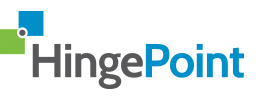
Proven Security Deployment Process
Step 1
Analysis
We analyze your systems to identify vulnerabilities and opportunities for improvement.
Step 2
Design
We create a comprehensive security plan that meets your company’s requirements and objectives.
Step 3
Deploy
We implement the security plan to get you secure without disruption to your business operations.
Step 4
Support
We audit and ensure the security evolves with your business and provide ongoing support and maintenance.
Success Stories
Frequently Asked Questions
Launched in 2021, Purview is a web-based tool to help organizations comply with regulatory requirements. It can help organizations manage their compliance needs by assessing compliance risks, setting up policies and controls, and monitoring compliance.
To set up retention policies, you can follow the below steps:
- Go to the Microsoft Purview compliance portal > Data lifecycle management > Microsoft 365 > Retention Policies.
- Select New retention policy and name it.
- Choose Adaptive or Static policy.
- For Adaptive policy, select adaptive scopes and locations. For Static policy, select locations.
- Specify configuration options for retaining and deleting content.
- Complete the configuration and save your settings.
Once your retention policy is created, it will be automatically applied to the assigned content locations, and you can manage and monitor it through the retention policy settings.
Microsoft AIP is a cloud-based solution designed to help businesses identify, classify, and protect sensitive information. AIP can help organizations comply with various regulatory requirements such as GDPR, HIPAA, and other industry-specific regulations. It enables users to classify and label documents and emails with sensitivity labels which can control access based on permissions and location of the user. Additionally, AIP provides data protection features such as encryption and automatic data classification.
Microsoft Cloud App Security is a cloud-based solution that offers advanced threat protection and cloud access security broker (CASB) capabilities. It offers visibility, control, and protection over cloud apps, data, and users across multiple cloud services. With MCAS, organizations can enforce access policies and detect and prevent cybersecurity threats targeting cloud services. It can also help businesses comply with regulations such as GDPR and HIPAA by enforcing data protection policies, auditing user activity, and providing security analytics and reports.
Automated compliance monitoring, including automated compliance tools and compliance automation tools, offers numerous advantages. By implementing automated compliance monitoring on platforms like SharePoint, organizations can:
- Reduce the workload associated with audit preparations.
- Enhance the efficiency of data analytics and collection processes.
- Enable more timely compliance reporting with automated compliance reporting, significantly lowering compliance risks.
- Decrease the likelihood of human errors through automated compliance systems.
SharePoint Server supports various regulatory compliance standards, including PCI DSS, SOX, HIPAA, and GLBA. These regulations safeguard different types of personally identifiable information (PII), each with specific requirements, from cardholder data to health information. Automated compliance templates on SharePoint can ensure efficient adherence to these standards.
SharePoint can support HIPAA compliance as part of an Office 365 or Microsoft 365 Enterprise plan. It meets HIPAA requirements when appropriately configured to control access, and a Business Associate Agreement is in place. Automated compliance templates on SharePoint help securely maintain and share protected health information (PHI), enhancing compliance efficiency.
SharePoint Server utilizes FIPS-compliant cipher suites for its security-related encryption, contributing to its FISMA certification. This demonstrates the robust encryption standard employed by SharePoint, enhancing the platform’s security and compliance capabilities.

Connect with a Security Expert to Secure Your Business
About Hingepoint
HingePoint is a Texas-based SharePoint Consulting company that provides innovative solutions to businesses of all sizes. Founded in 1998 by Texas entrepreneurs, HingePoint has over 40 consultants in Dallas and expert teams in India, the Philippines, and Belarus. Their headquarters are in Plano’s Legacy West. HingePoint is dedicated to generating cash flow for investing in missions and organizations that grow God’s Kingdom while helping their team members reach their potential.
